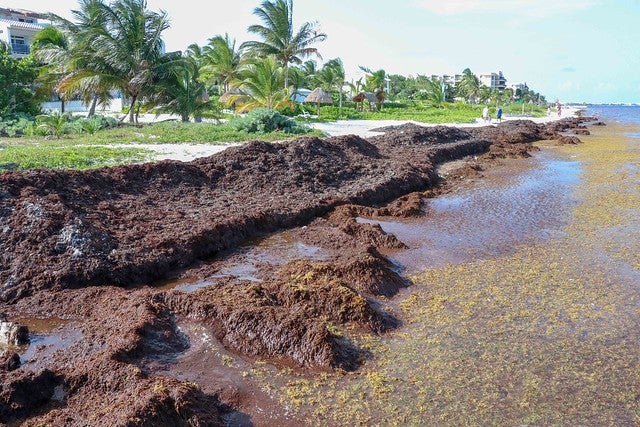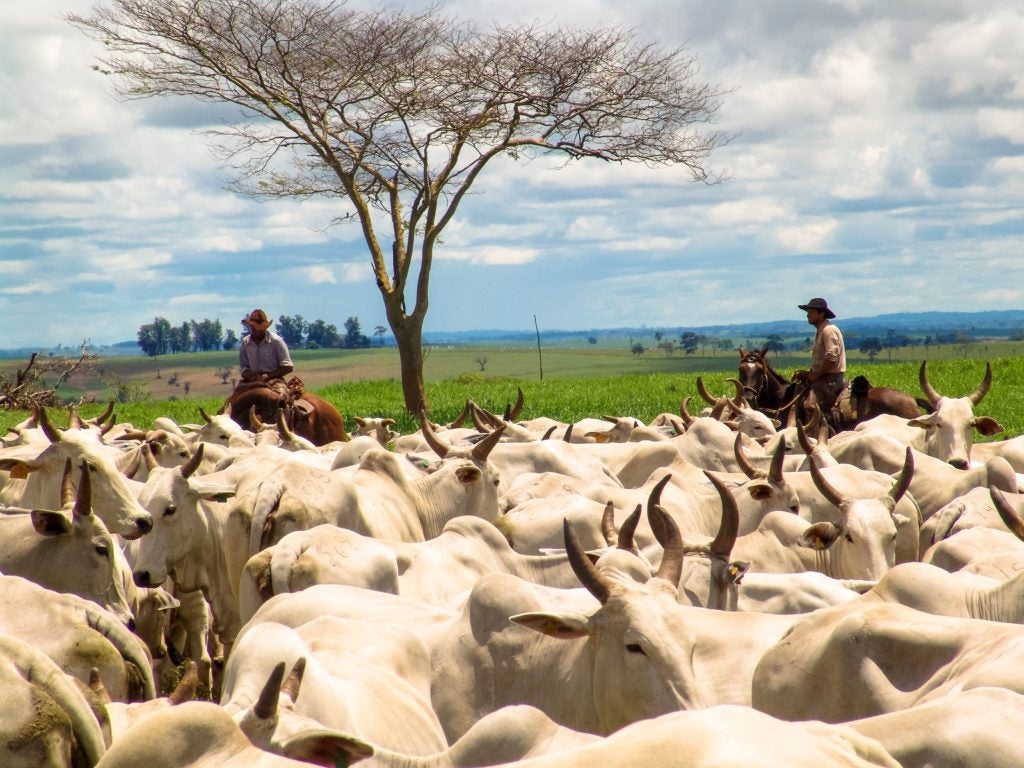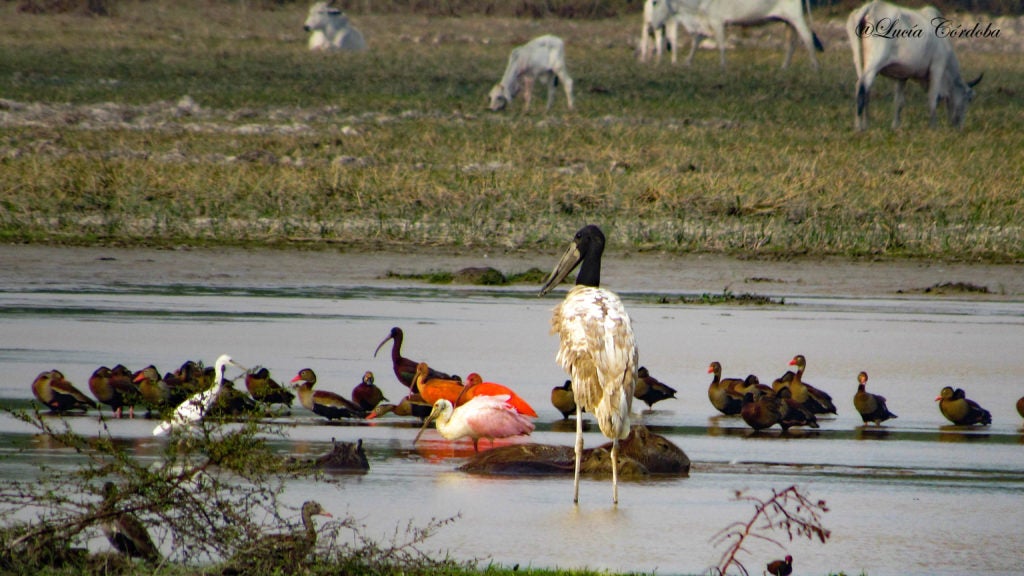Why is the ocean important? The ocean covers three quarters of the Earth’s surface and plays a crucial role in supporting an enormous variety of life. The ocean helps regulate the climate by absorbing excess carbon dioxide and heat. The ocean is also important for the global economy. According to the OECD (2016), its economic contribution was valued at US$1.5 trillion in 2010, … [Read more...] about Ocean problems beyond plastics pollution
Agriculture and Food Security
Monitoring agricultural policies for policy design: the case of Ecuador
Monitoring and evaluating policies, projects and programs are particularly important for the development of any country. These two activities allow us to assess whether programs and projects are implemented efficiently, and to evaluate their success in terms of their objectives, goals and target population. Only if we know well how a plan is being implemented, and what results … [Read more...] about Monitoring agricultural policies for policy design: the case of Ecuador
An innovative approach to support fishers’ associations in Haiti: moving from grants to co-financing!
The 65 000 fishermen that share the 1 770km of the Haitian coastline rely on rudimentary equipment and fishing vessels such as canoes and wooden boats (representing 51% and 37% respectively of the country’s estimated 28,000 active fishing boats). However, even with basic equipment, the techniques used have negative impacts on the marine resources and ecosystems. Indeed, … [Read more...] about An innovative approach to support fishers’ associations in Haiti: moving from grants to co-financing!
Sustainable livestock farming: the challenge of reducing pollution by increasing productivity
Emerging countries show an important role in the expansion of beef production. Between 2000-2007, the share of beef production in emerging economies increased by 7.9%, led by India (4.0%), Latin America (2.9%) and China (1.8%). This increase occurs in a context where consumption has been growing, a trend that is expected to continue in the coming years. However, much has been … [Read more...] about Sustainable livestock farming: the challenge of reducing pollution by increasing productivity
Why does biodiversity deserve a leading role in the post-2020 environmental agenda?
Over the past seven years, I have lived in the most biodiverse country on the planet. This has allowed me to enrich the palette of flavors and colors of my life. A visit to the street market is enough to appreciate the variety of fruits that come from the different altitudinal gradients, offering unlimited flavors, textures, and colors. I have over seven different types of … [Read more...] about Why does biodiversity deserve a leading role in the post-2020 environmental agenda?





